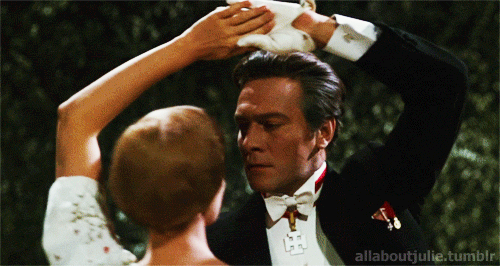2. Stage combat includes techniques and weapons such as fake slaps, kicks, and types of fencing such as with knives, staffs, and swords.
3. It takes an incredible amount of work to put a stage combat scene together in a performance. Extra time must be set aside in addition to normal rehearsals in order to learn the choreography. Actors go through the moves one by one, slowly, to learn them, then are gradually sped up, and they must be rehearsed almost every rehearsal in order to retain muscle memory.
Stage combat also requires excellent physical fitness, even when only wielding a sword or dagger.
4. Often fight choreographers will choose attacks that if used in real life, would be inefficient and slow, so that the audience may follow the action more easily. Moves are also made to be simpler and less dangerous because directors want to suspend the audiences belief the whole play. If the audience thinks the actor is in danger, they often lose focus from the plot of the story.

5. Some of the first known fighting created for entertainment was in Rome, where gladiators would fight each other in a surrounded arena.
In the middle ages, jousts and fencing matches would be choreographed or unchoreographed, and jousting developed into a highly competitive sport.
It was in the 19th century that various swords, rapiers, and daggers were experimented with to develop stage combat styles to teach to actors.
6. You might have seen this famous movie sword fight:
http://www.youtube.com/watch?v=k7zvffHu_wo
If you would like to try any form of combating, private stage combat lessons, martial arts lessons, fencing, or Live Action Role Playing are all fun ways to explore combat on your own.







